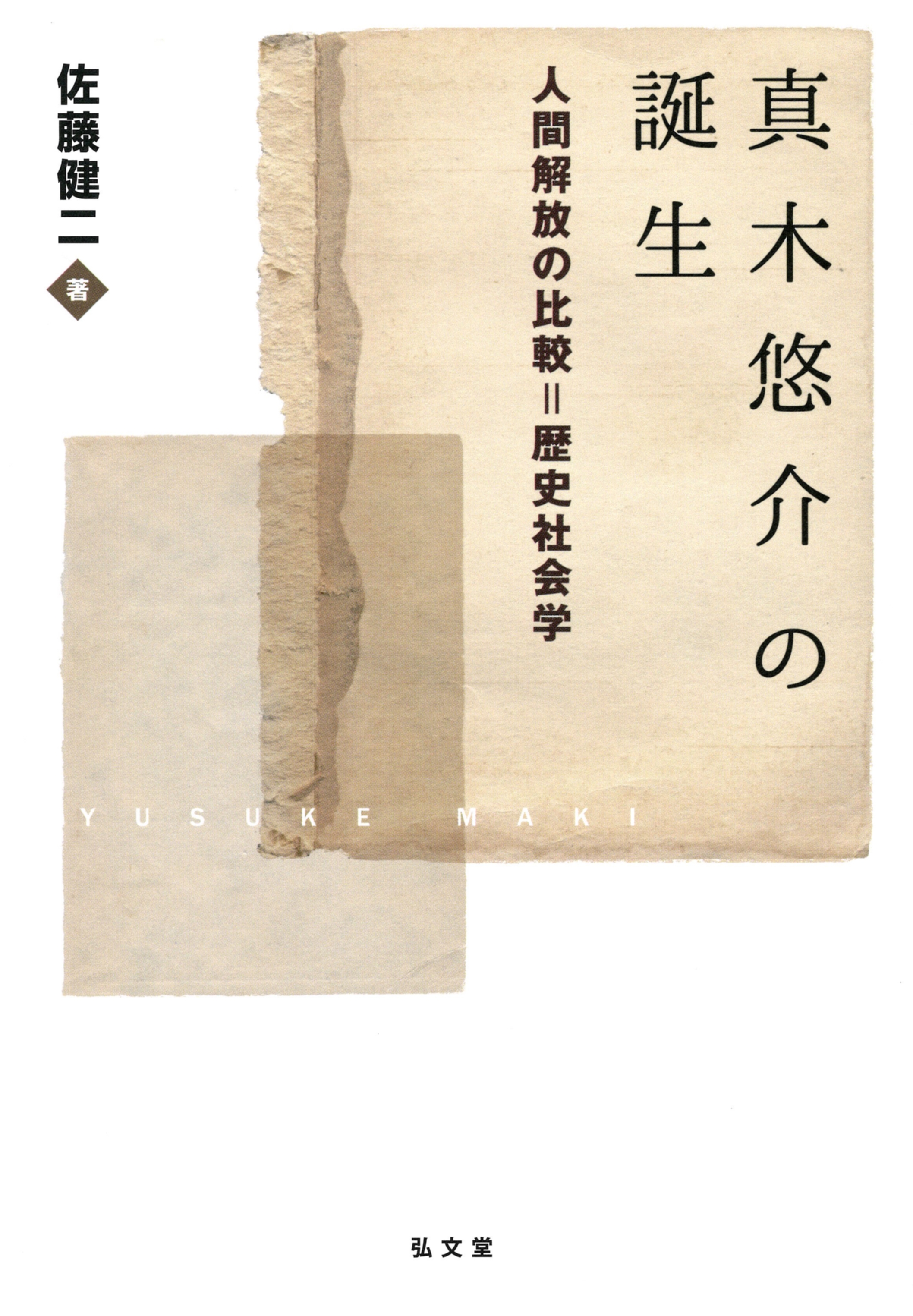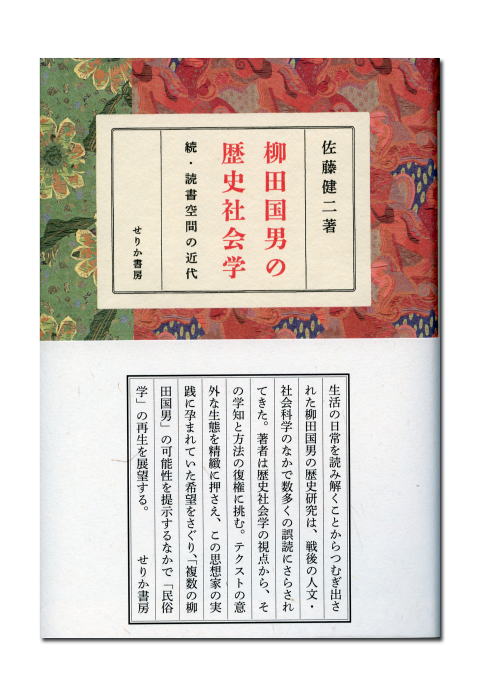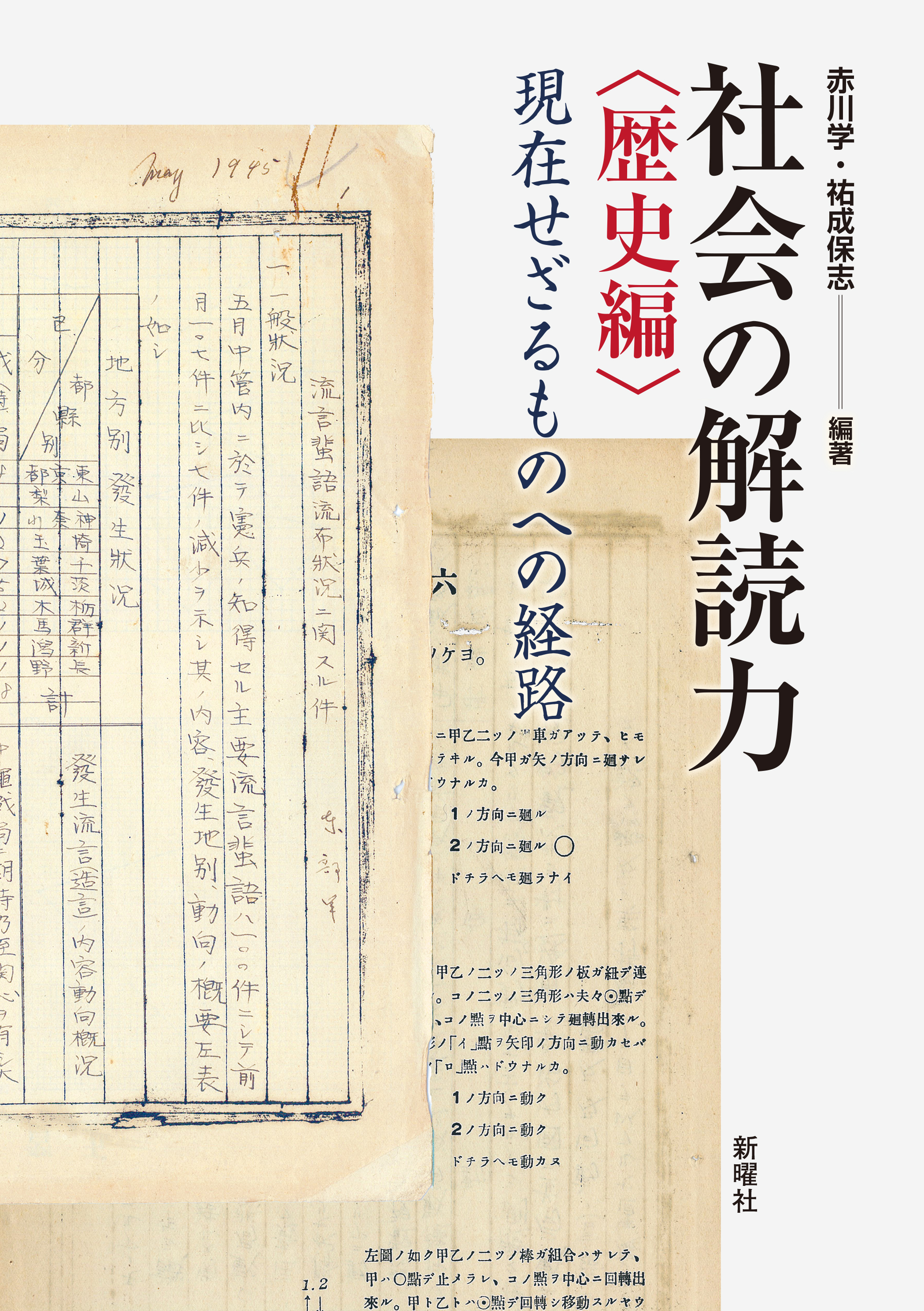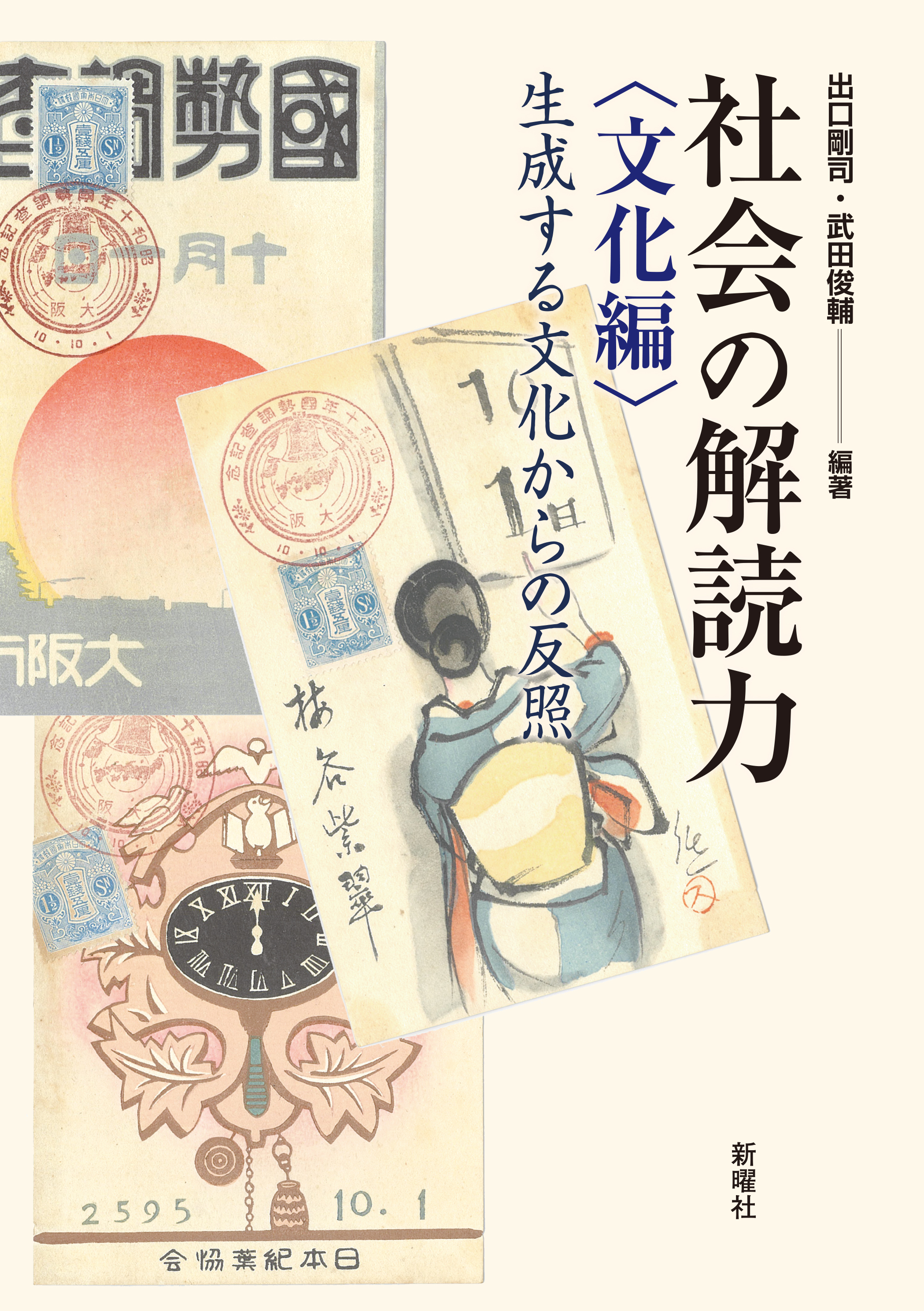
Title
Maki Yusuke no Tanjo (The Birth of Yusuke Maki - A Comparative-Historical Sociology of Human Liberation)
Size
344 pages, 127x188mm, hardcover
Language
Japanese
Released
November, 2020
ISBN
978-4-335-55202-1
Published by
KOUBUNDOU Publishing Inc.
Book Info
See Book Availability at Library
Japanese Page
This is a work that discusses chronologically the sociology of “Munesuke Mita = Yusuke Maki.” Munesuke Mita, who is the same person as Yusuke Maki, was my “mentor,” and the one who led me to study “sociology.” There may be readers who consider this book to be a critical biography, but it is not a review of superlative achievements. If I am forced to say what it is, it is an exercise in fieldwork about an individual who, wavering and suffering, discovered his sociology. It is also not research into academic history. This analysis focuses on methodology and theoretical practice that have appeared in works (texts), and is an invitation to the potential of sociology.
Yusuke Maki is Munesuke Mita’s so-called “virtual twin,” who has absorbed Karl Marx’s profundities and Carlos Castaneda’s freedom, and has a soul that has held deep exchanges with people such as Shunsuke Tsurumi, Kunio Yanagita, Norio Nagayama, and Kenji Miyazawa. Under that name, he wrote such magnificent, creative, and lucid works as For a Theory of Human Liberation, The Structure of Formation of Contemporary Society, and The Sound of Silent Air Streams. The subtitle shown above, “A Comparative-Historical Sociology of Human Liberation,” indicates the academic work that my mentor aspired to and dreamed of, and at the same time is the name of the method I learned, inherited, and developed in my own way. “Why did Munesuke Mita need Yusuke Maki?” is a question that consistently pervades the whole book. Emulating the subtitle of my own first book “Kunio Yanagita as Method,” I might have chosen the subtitle “Yusuke Maki as Method.”
Beginning with his debut work at the time of university graduation, “The Structure of Consciousness of the Pure Post-War Generation,” all the chapters in this book bear the names of Mita/Maki essays. This is to confirm the focus on texts and the space of the text as the motif of this book. To show with what kind of issues each essay was grappling with and how it was written, Mita’s attempts at describing his war experiences, his post-war consciousness, and his search for methodologies, utopia, communes, and human liberation, are explained as being intricately interwoven and corresponding with one another.
It was a discovery to me that the persona Yusuke Maki emerged in response to and dialogue with the questions raised by the Zenkyoto, or All-Campus Joint Struggle student movement of the 1960s. “The Hell of the Gaze (Manazasi no Jigoku),” which is often positioned as an essay in urban sociology, constitutes a huge turning point. The shift was born from confronting the situation in the university struggle, in which Yusuke Maki made the turn from a social psychologist to a sociologist and brought about the idea of the structure of formation as the theory of “Versachlichung (reification),” and the theoretical adventure of human liberation as a “symphonic commune” in terms of a comparative sociology. What became the catalyst for this theory of human liberation and the movement toward comparative sociology for shaping a society was Mita’s unique interpretation of the historical consciousness of Yanagita’s Socio-Cultural History of Meiji-Taisho Eras [Meiji Taisho-shi Sesōhen], and a deciphering of Kunio Yanagita’s practice as what could be called a “meta-methodology” for selecting and inventing methodologies. I argue that not only the “history of social psychology” that Mita was engrossed in in his younger days, but also his famous “comparative sociology” for which he was very seriously misunderstood in the 1980s, was indeed an alternative historical sociology.
The issues that Munesuke Mita examined were also truly our own issues. I wrote the book conscious of the methodological issues of contemporary sociology, such as the “cold war” between qualitative and quantitative approaches, the potential of the individual as a field site, and a reexamination of the technology for investigative research.
(Written by SATO Kenji, Professor, Graduate School of Humanities and Sociology / 2022)



 Find a book
Find a book




